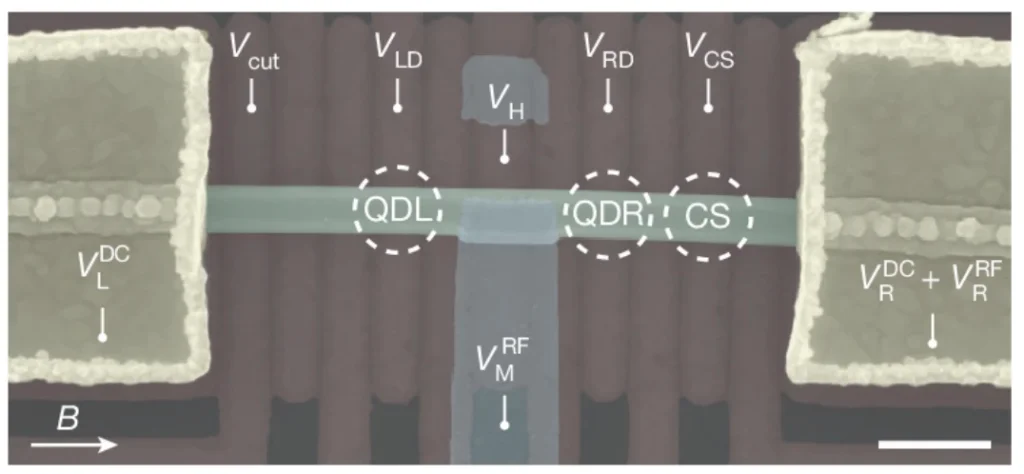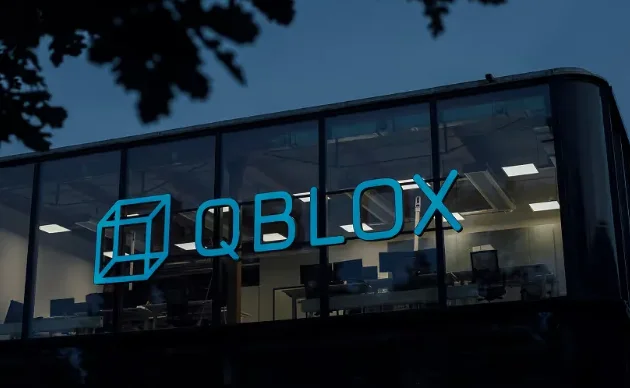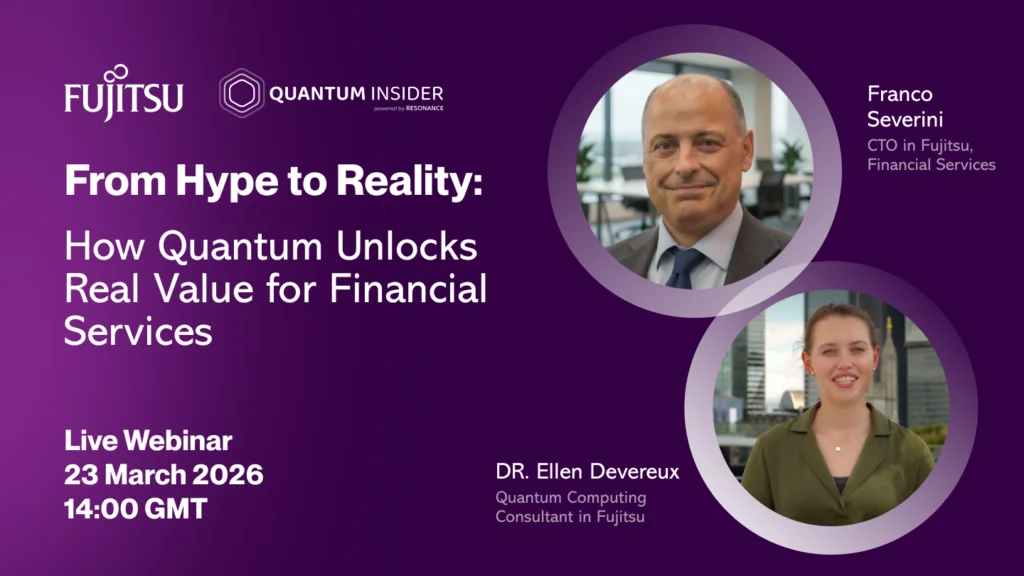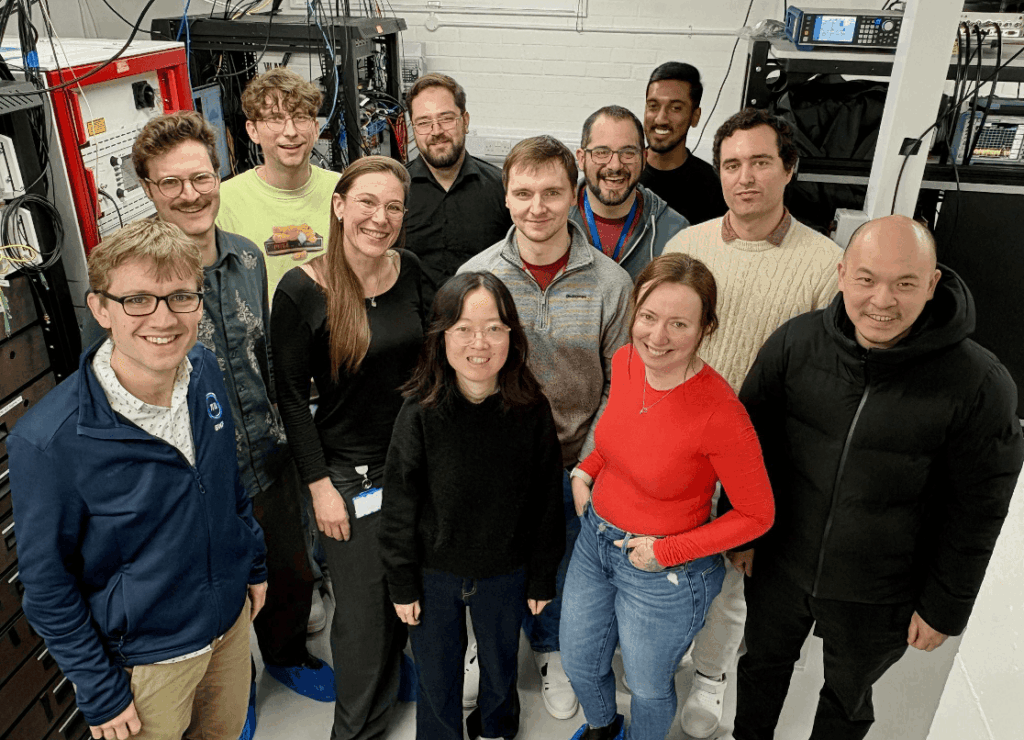Insider Brief
- Quantum optimization has the potential to revolutionize industries like logistics, finance, and energy by solving intricate problems involving large datasets and complex constraints.
- Despite its promise, practical implementation faces hurdles such as hardware limitations, noise management, and the scalability of quantum systems.
- Researchers are exploring hybrid approaches and rigorous benchmarking to identify real-world scenarios where quantum optimization can outperform classical methods.
Quantum computing could redefine optimization by potentially solving problems that classical computers struggle with today. But the journey to practical applications is still in progress, with ongoing research, testing, and real-world challenges shaping what lies ahead for this evolving field, according to a recent white paper by an international team of quantum experts published in Nature Reviews Physics.
The Importance of Optimization in Everyday Life
Optimization may sound like a niche term, but it plays a major role in everyday systems and industries, from logistics to finance. It’s the process of finding the best possible solution for a problem, often balancing constraints like time, resources, and cost. A well-known example is the “traveling salesperson problem,” where a salesperson must find the shortest possible route to visit a set of locations and return to the starting point. Though it seems simple, solving this problem for a large number of locations quickly becomes computationally intensive. As companies scale operations and data expands, classical computers face significant challenges in optimizing solutions efficiently and affordably.
That’s where quantum computing could change the game. Quantum optimization algorithms offer new approaches that might streamline computations, improve accuracy, and even reduce energy costs. However, as the researchers in the review point out, the journey to practical quantum optimization isn’t straightforward and depends on advancements in both quantum theory and hardware.

How Quantum Optimization Works and Its Potential
Quantum computers operate differently from classical computers. While classical computers use bits as their smallest unit of data (with values of either 0 or 1), quantum computers use “qubits,” which can exist in multiple states at once due to a property called superposition. This allows quantum computers to explore multiple solutions far faster than classical approaches, theoretically speeding up certain types of computations.
Quantum optimization algorithms build on these properties. Some prominent quantum methods include Grover’s search, which provides a quadratic speedup for unstructured searches; quantum annealing, which simulates physical processes to find minimal-energy states representing optimal solutions; and the Quantum Approximate Optimization Algorithm (QAOA), which helps solve specific problems by approximating optimal solutions.
Early experiments with these algorithms suggest they have potential, but practical challenges remain. For instance, as the team explains in its Nature Reviews Physics piece that, while Grover’s search can find solutions faster, it only reduces the number of searches by a factor of two. In real-world problems, where computations grow exponentially with the problem size, a quadratic speedup still leaves us facing exponential growth. Quantum optimization thus holds promise for certain cases, but researchers are working to understand when and where it offers a true advantage over classical methods.
The Role of Complexity Theory in Assessing Quantum Advantage
The researchers note in their study that complexity theory plays an important role in assessing the potential of quantum computing in optimization. Complexity theory helps scientists gauge the computational effort required for different problems and evaluate whether quantum computers can realistically solve them more efficiently than classical ones. Problems are classified into categories such as P (solvable in polynomial time) and NP (problems whose solutions can be verified quickly but are challenging to solve). Optimization problems fall into categories labeled Nondeterministic Polynomial-time Optimization problems. These are optimization problems where the goal is to optimize — minimize or maximize — a certain objective function while adhering to problem constraints. Essentially, NPO problems are tough to solve but have solutions verifiable in polynomial time.
For an everyday example that helps illustrate Nondeterministic Polynomial-time Optimization (NPO) problems — and that might not be a stretched analogy for some post-election families in the U.S.: Imagine seating guests at a wedding to minimize conflicts and drama. Finding the perfect arrangement is complex, but verifying a proposed seating plan against constraints, like table size and guest preferences, is quick and manageable.
One of the big questions in complexity theory is whether quantum computers can deliver super-polynomial speedups—meaning they could theoretically solve some problems exponentially faster than classical computers. But complexity theory typically assesses performance based on the “worst-case” scenario, which doesn’t always apply to real-world optimization tasks. This distinction between worst-case and average-case performance, the scientists explain, leaves researchers uncertain about the tangible advantages of quantum optimization.
The Realities of Quantum Optimization in Practice
In practice, quantum optimization algorithms don’t necessarily offer better solutions for every instance of a problem. For example, classical algorithms and heuristics can sometimes deliver near-optimal solutions efficiently, even for large problems. A real-world example is the traveling salesperson problem, which can be solved to near-optimality for large instances using advanced classical methods. But, as the team reports, there are cases where quantum algorithms may outperform classical ones, such as highly complex optimization problems involving intricate constraints or rapidly changing variables.
One advantage of quantum optimization lies in its potential to work alongside classical methods. Hybrid approaches that combine classical and quantum algorithms might yield faster or more accurate results than either approach alone. Quantum algorithms can also explore solution spaces differently, which might improve results for certain problem types or complement classical methods in finding solutions to specific problem instances.
Key Challenges on the Road to Quantum Optimization
For quantum optimization to reach practical relevance, major challenges must be addressed, the team writes, particularly in hardware and noise management. Quantum computers are notoriously sensitive to external interference, or “noise,” which can disrupt calculations and reduce accuracy. For quantum optimization algorithms to reach their potential, the team of scientists notes the importance of robust “error-correction” methods that allow quantum computers to operate reliably for longer periods.
Scalability is another challenge. Current quantum systems have a limited number of qubits, which restricts the complexity of problems they can solve. While classical computers can leverage millions of transistors to tackle large-scale optimization problems, quantum systems currently operate with only a few hundred qubits. As researchers work toward scalable quantum systems, benchmarking and systematic testing are essential to understanding how quantum computers handle optimization problems at scale.
How Researchers Benchmark Quantum Optimization
To determine where quantum optimization truly excels, the scientists are developing rigorous benchmarking frameworks to test quantum algorithms against classical ones on real-world and theoretical problems. Benchmarking includes defining metrics like resource cost (time, memory, and computational power), solution quality, and feasibility.
Some promising benchmarking efforts focus on comparing digital and analog quantum computers and on assessing which types of optimization problems best fit different quantum hardware. Model independence, or the ability to test algorithms across multiple types of quantum hardware, is essential. As quantum technology evolves, model-independent benchmarks can help track the real-world capabilities of quantum optimization algorithms as they progress.
Real-World Applications and Potential Areas for Quantum Advantage
Quantum optimization could have major impacts in areas like finance, logistics, and energy. For instance, financial firms could use quantum algorithms to optimize asset allocation and risk management, both of which involve massive datasets and intricate calculations. Similarly, in logistics, quantum algorithms could improve route planning, warehouse management, and resource allocation, all of which require balancing numerous constraints efficiently.
In energy, quantum optimization could help manage power grids more efficiently by solving complex scheduling and distribution problems, potentially reducing energy costs and improving sustainability. However, as noted by the researchers, quantum systems currently aren’t suited for such large-scale problems, meaning that achieving meaningful advantages will require advances in both algorithms and hardware.
Toward Practical Quantum Optimization
As quantum hardware improves, the team highlights three primary directions for advancing quantum optimization:
- Real-World Problem Identification: Researchers are working to pinpoint specific, real-world optimization problems that quantum computers can solve more efficiently than classical systems. These applications need to be challenging for classical systems but feasible for near-term quantum hardware.
- Application-Agnostic Problem Instances: By identifying general problem types where quantum algorithms perform well, researchers hope to develop quantum techniques that can be applied across multiple industries. For example, problems involving complex interdependencies or requiring rapid computations might lend themselves well to quantum methods.
- Theoretical and Algorithmic Development: Developing algorithms that offer more than a quadratic speedup remains a priority. This includes research on heuristic and approximation methods, which may offer practical results even when exact solutions are too costly to compute. Theoretical advancements are also critical to better understanding how quantum algorithms can enhance classical ones, as well as which problem types might benefit most from quantum approaches.
An important note: While benchmarking frameworks are evolving, current results often show that classical algorithms still outperform quantum algorithms for most practical optimization problems.
Researchers And Institutions
The research detailed in Nature Reviews Physics was conducted by an international team representing some of the world’s leading institutions in quantum computing and optimization. From the Netherlands, contributors included Amira Abbas and Harry Buhrman at both the University of Amsterdam’s Institute of Physics and QuSoft, as well as Sander Gribling from Tilburg University’s Department of Econometrics and Operations Research. Andris Ambainis from the Faculty of Computing at the University of Latvia also provided insights into quantum theory applications.
In the United States, research institutions spanned the Massachusetts Institute of Technology’s Sloan School of Management, where Brandon Augustino and Swati Gupta lent their expertise, to Los Alamos National Laboratory, with contributions from Andreas Bärtschi and Carleton Coffrin. NASA’s Quantum Artificial Intelligence Laboratory at Ames Research Center, represented by Stuart Hadfield, and the USRA Research Institute for Advanced Computer Science also supported the work. Additionally, Bruce G. Elmegreen and Bryce Fuller from IBM’s T.J. Watson Research Center, along with Constantin Gonciulea and Vanio Markov from Wells Fargo’s Advanced Technology group, contributed to advancements in algorithmic development and financial applications.
In Europe, E.ON Digital Technology in Germany included researchers Giorgio Cortiana, Naeimeh Mohseni, and Corey O’Meara, while Fraunhofer’s Institutes for Cognitive Systems and ITWM included Nicola Franco and Raoul Heese. Other German institutions involved were Quantagonia GmbH, the German Aerospace Centre’s Institute for Quantum Technologies, and Zuse Institute Berlin, with contributions from scientists such as Thomas Kleinert, Dirk Zechiel, and Thorsten Koch. IBM’s Zurich lab was represented by Daniel J. Egger, Julien Gacon, and colleagues, while the École Polytechnique Fédérale de Lausanne in Switzerland included Julien Gacon as well. From Austria, Filippo Fratini and Gerhard Kircher contributed expertise in finance and optimization from Erste Digital GmbH.
In the UK, researchers from The Hartree Centre (STFC, Sci-Tech Daresbury), including Stefano Mensa, Emre Sahin, and Benjamin Symons, also participated, focusing on quantum systems and practical applications. Representing Singapore, Patrick Rebentrost from the Centre for Quantum Technologies at the National University of Singapore and Georgios Korpas from HSBC’s Emerging Technologies group contributed to theoretical and applied research on quantum technologies.
This extensive collaborative effort further included specialists from Canada’s Institute for Quantum Computing at the University of Waterloo, represented by Jon Yard, and from Volkswagen Datain Munich, Germany, with Sheir Yarkoni.















